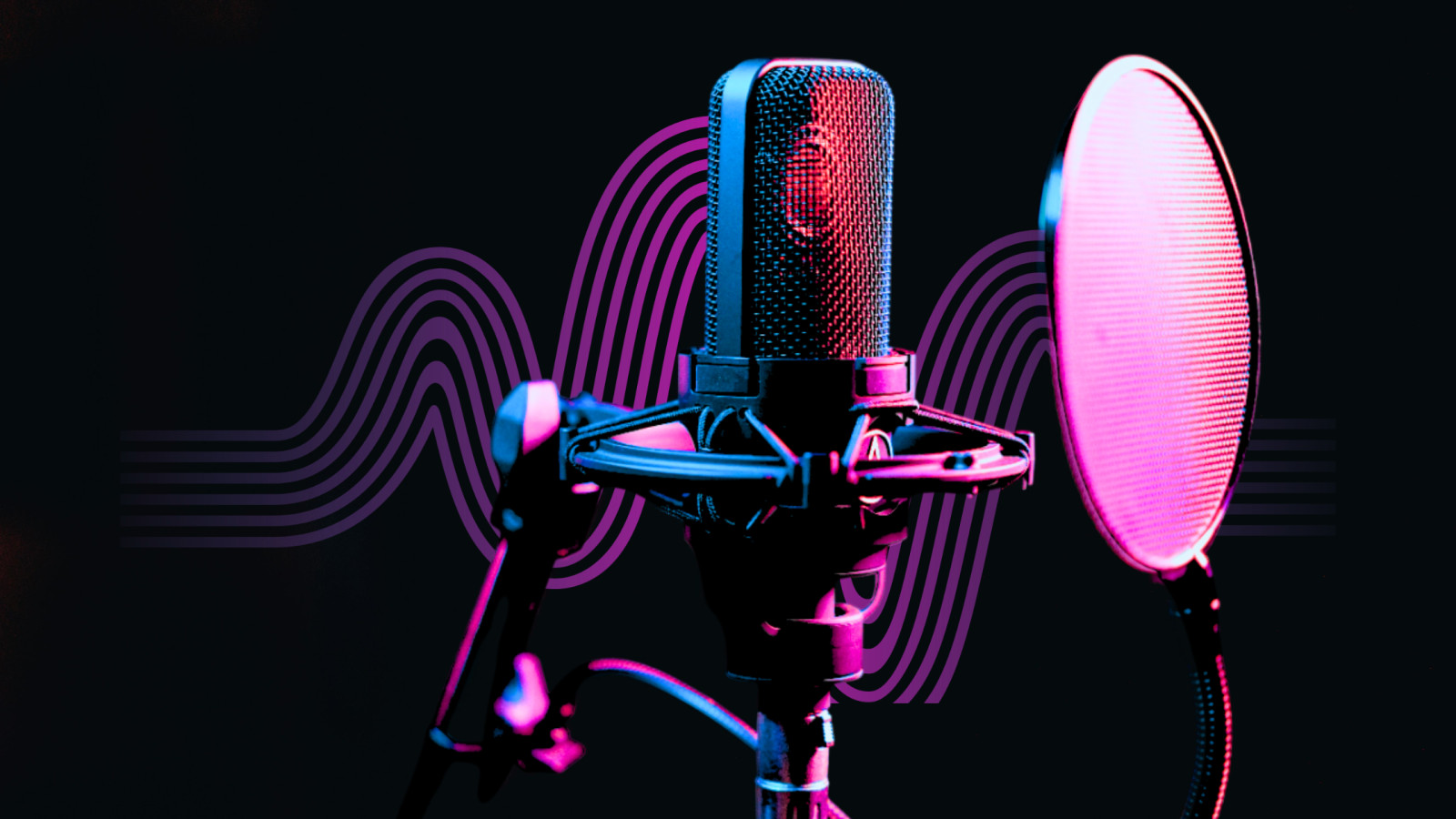The podcast attention game: How algorithmic discovery may remake podcasting

Photo: Los Muertos Crew

Open the YouTube app on your TV and the first category you will see below “Home” is “Podcasts”. According to the YouTube blog, viewers watched more than 400 million hours of podcasts every month in 2024, just on living room devices alone. Podcasting’s competitive potential with television is something MIDiA has covered extensively already, but the shift from RSS distribution to algorithmic distribution via video goes to the heart of podcasting identity itself. That shift has major implications for understanding the audiences who consume podcasts.
As uncertainty about the definition of the podcast grows, Spotify, in its prioritisation of video and rebranding of Spotify for Podcasters to Spotify for Creators, has effectively codified the flexibility of the term. Technically, a podcast is audio distributed via RSS, but in practice, listeners and viewers do not really care about how audio is distributed as long as it is in an easily accessible digital format. Consumers tend to know a podcast when they hear it and / or see it, even if it is not easy to define.
In many ways, dissecting the technicalities of the meaning of a podcast is a moot point. The really important aspect of podcasting’s identity shift is how the reformation of the distribution mechanism of the format will change how and why consumers turn to podcasts. In a recent conversation on The Ezra Klein Show podcast, Klein and MSNBC’s Chris Hayes discuss attention in politics, society, and the media, with Hayes making the point that RSS distribution has long meant podcasts have lived beyond the algorithm. Consequently, podcasts are one of the few digital formats to have existed beyond attention in that recommendation algorithms on digital platforms have only recently started to meaningfully drive podcast discovery.
That is not to say that listeners have not always multi-tasked when listening to podcasts; rather, the recommendation and distribution mechanism through which the podcast ended up in a listener’s ears encouraged engagement with long-form, informational content. There were viral hits (e.g., Serial, S-Town), to be sure, but this virality did not happen as a result of algorithmic-based attention capture. It happened through radio, press, and word of mouth – discovery sources that rely on human-based recommendations rather than podcast platforms’ recommendation algorithms.
Featured Report
Cultural movements A new take on mainstream for the fragmentation era
Entertainment has become nichified, mainstream has become smaller, and audiences have fragmented. While this has been crucial to the rise of the long tail and the creator economy, there is a need for a...
Find out more…Within the last decade, in both music and video, algorithmic recommendations have unbundled the album and encouraged the rise of short-form consumption, completely remaking the consumption patterns of both formats. Podcasting has been slower on the uptake, and that is arguably because RSS has kept the format less adaptable to platform-based innovations. In The Standards Innovation Paradox, Michael Mignano compares RSS to the SMTP protocol for delivering email, suggesting that disintermediated standards like RSS and SMTP require adoption by all platforms; otherwise, innovations completely fail.
With the rise of post-pandemic video “podcast” consumption, YouTube stumbled upon an opportunity as consumers fell down rabbit holes. If podcasts could bypass RSS, then a whole world of comments, measurable engagements, and algorithmic recommendations could open up. Spotify is now exploiting that opportunity.
The interesting thing with podcasting is that long-form content still continues to perform well, with some top podcasts releasing episodes that span full working days. The balance that platforms need to strike is retaining that deep engagement listeners tend to have with the format while ramping up algorithmic discovery. So far, it has proved fruitful for YouTube, but over time, especially with the rising importance of short-form video clips for podcast discovery and consumption, podcasts may fully enter the attention capture game and totally reshape the format. That would not just change the definition of what a podcast is; it would remake podcasting’s identity in its own image

The discussion around this post has not yet got started, be the first to add an opinion.